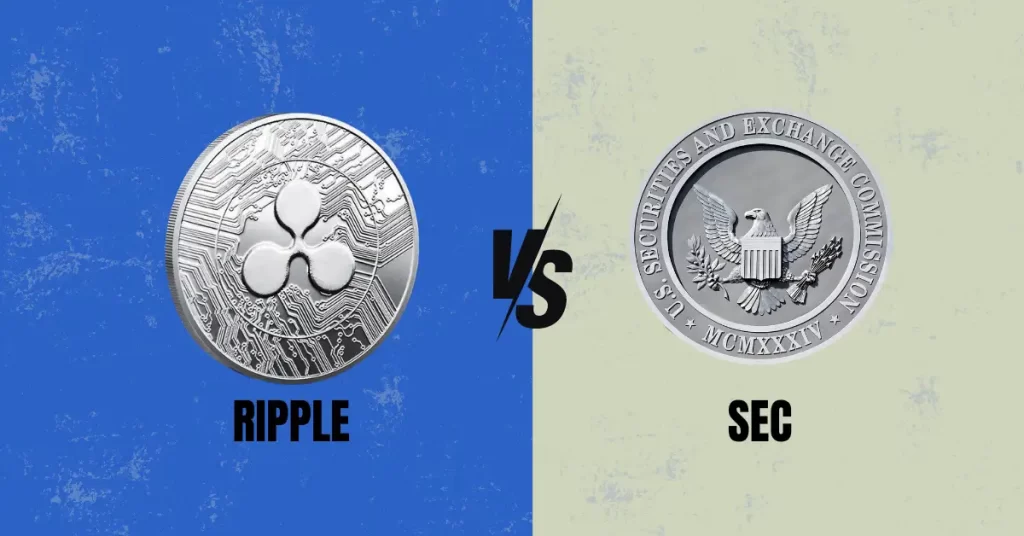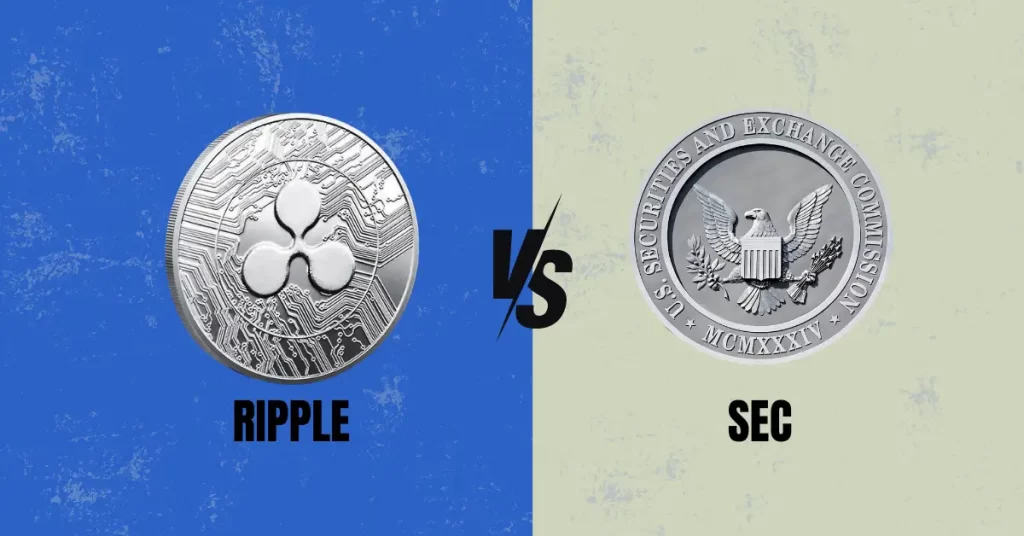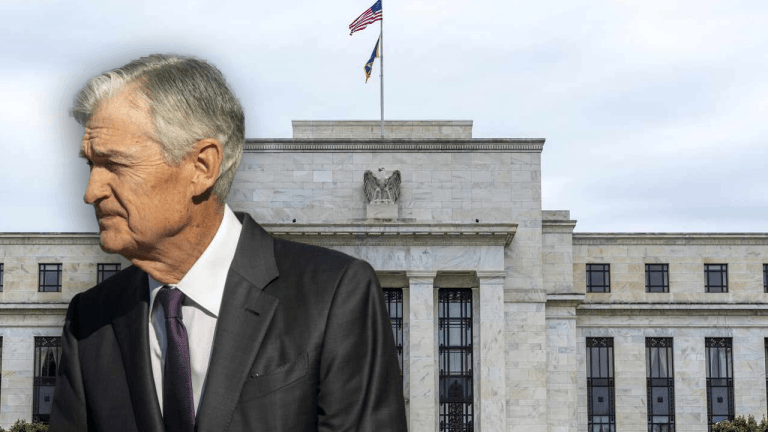Ripple Vs SEC Lawsuit Update: Here’s What To Expect Next Week


The post Ripple Vs SEC Lawsuit Update: Here’s What To Expect Next Week appeared first on Coinpedia Fintech News
Last week, the legal battle between Ripple and the US Securities and Exchange Commission (SEC) progressed to trial, with many expecting a soon resolution. Attorney James K. Filan announced a new schedule from Magistrate Judge Sarah Netburn, targeting the motion for remedies and final judgment. The SEC must respond by April 29, and Ripple has three business days afterward to reply.
A Crucial Week For Ripple And SEC
Magistrate Judge Sarah Netburn has established a timeline for the ongoing lawsuit between Ripple Labs and the Securities and Exchange Commission (SEC). This schedule is connected to Ripple’s attempt to dismiss the SEC’s latest expert evidence intended to support its argument for penalties and a definitive ruling. Judge Netburn has granted the SEC an extension until April 29, 2024, to file their counterarguments to Ripple’s motion. Ripple will then have three business days to reply.
This scheduling update follows Judge Netburn’s recent appointment as District Judge in the Southern District of New York. Despite her new role, she remains the presiding judge in the Ripple vs. SEC case, where she is noted for her impartial decisions that are generally viewed positively by the crypto community.
“My understanding about XRP is that not only does it have a currency value, but it has a utility, and that utility distinguishes it from bitcoin and ether,” the judge said in 2021 (according to attorney Jeremy Hogan).
XRP has challenged the SEC’s request for substantial civil penalties. The blockchain payments company has countered the SEC’s demand for a hefty fine, proposing instead a maximum penalty of $10 million. Ripple argues that the SEC’s allegations are baseless and lack adequate evidence.
Here’s The Expected Outcome
Bill Morgan, Ripple’s representative, has continuously argued over the past three years that Ripple On-Demand Liquidity (ODL) sales do not constitute investment contracts. According to Morgan, the nature of ODL transactions is distinct from traditional investments. He points out that customers use XRP for only a few seconds to enable cross-border payments, rather than for investment purposes.
Ripple highlights that the SEC hasn’t proven any likelihood of future violations or reckless disregard in its XRP sales and cites the Govil case to dispute the SEC’s disgorgement claim, highlighting the lack of financial harm evidence.
Hogan recently predicted that the lawsuit could conclude by this summer, predicting a settlement of $100 million:
“I believe the Judge will order no disgorgement but will throw the SEC a bone by imposing a $100 million penalty on Ripple.”
Earlier, the SEC had demanded a $2 billion fine from Ripple, citing violations in certain XRP sales. Ripple countered by asserting that XRP should not be classified as a security, arguing that it does not fall under the SEC’s regulatory scope. The company’s chief legal officer, Stuart Alderoty, presented several key reasons why the penalty should not exceed $10 million.

